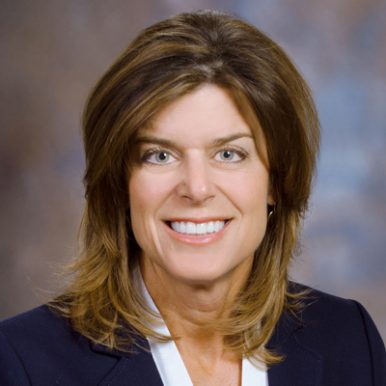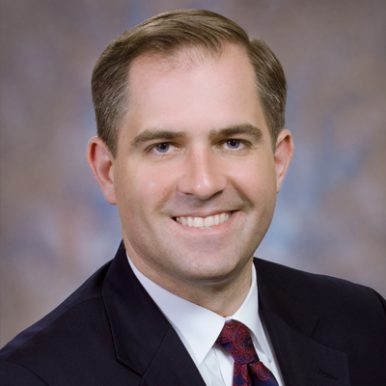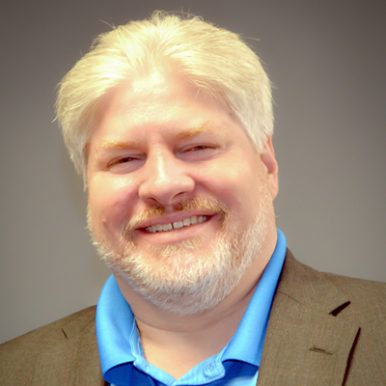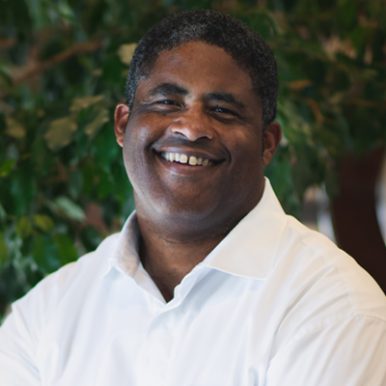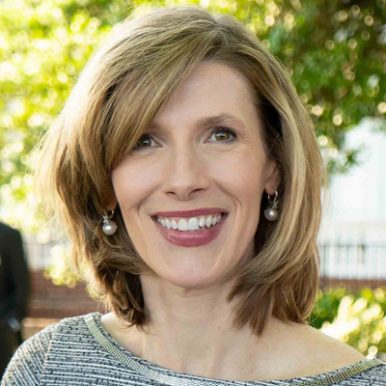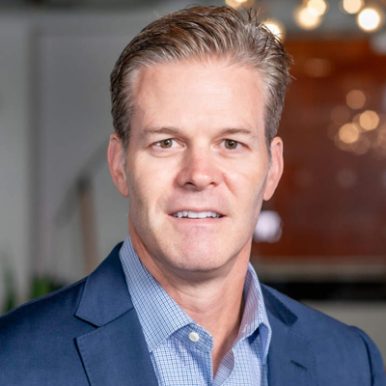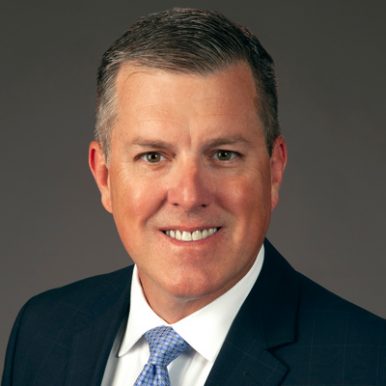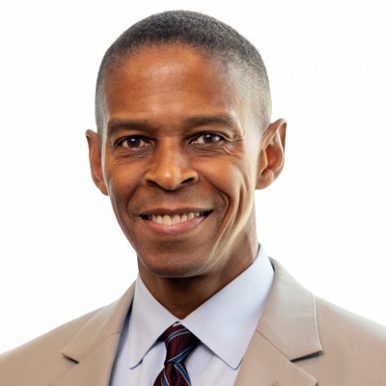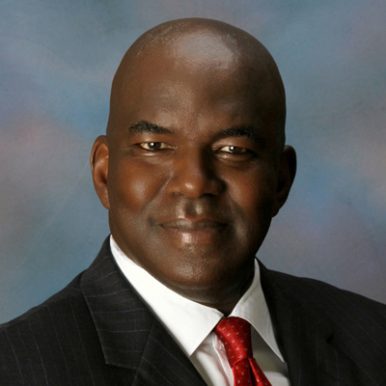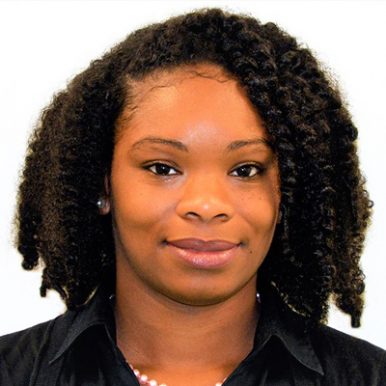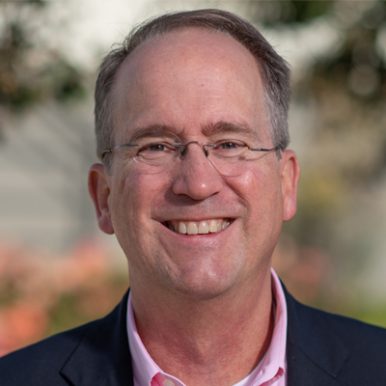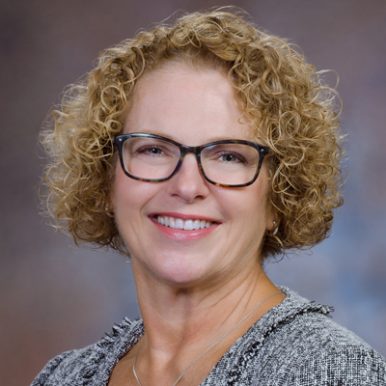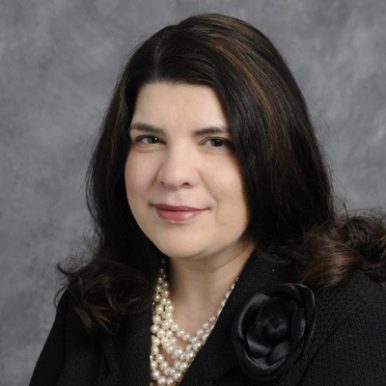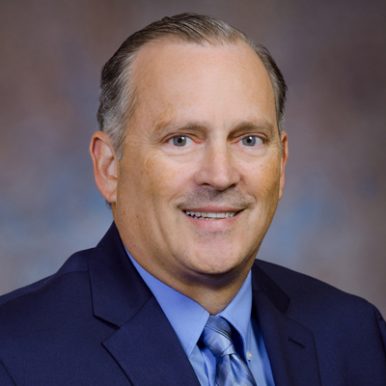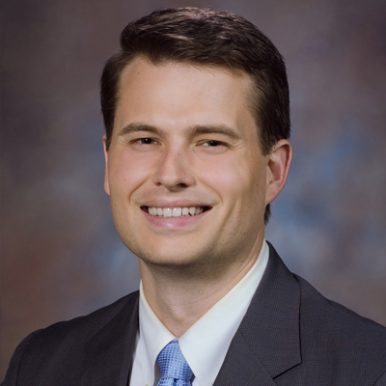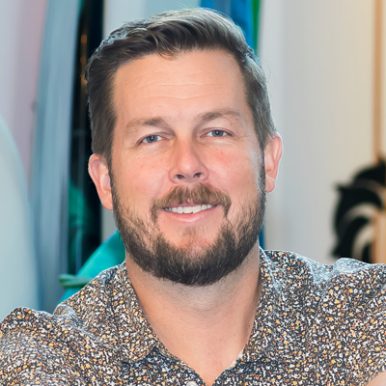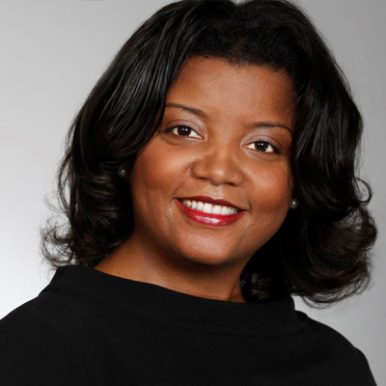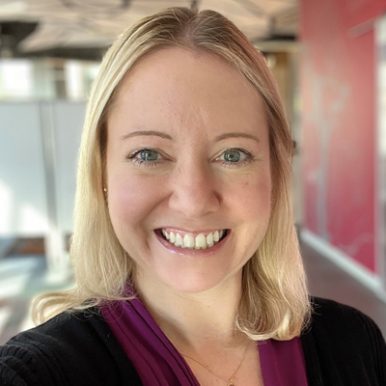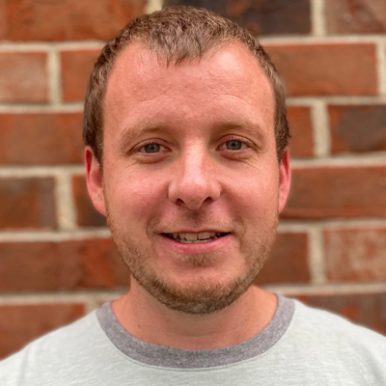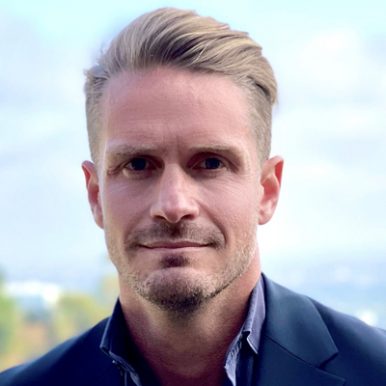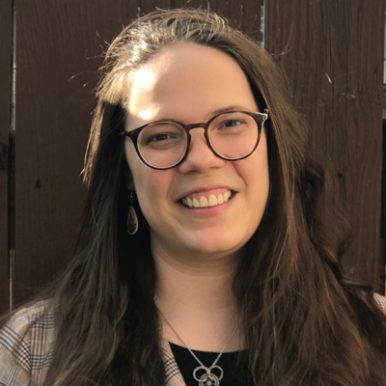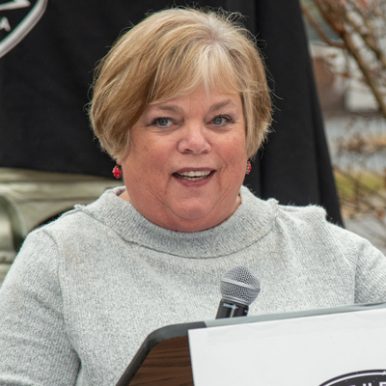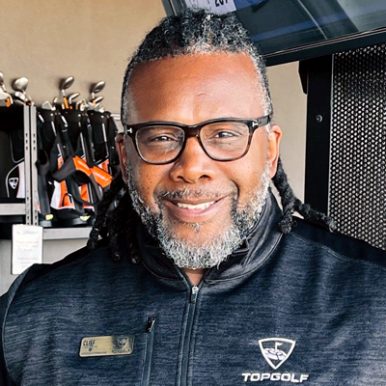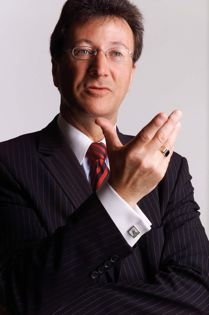Ranked as CNBC’s Top State for Business for two consecutive years, Virginia earned the distinction in part for its “wealth of colleges and universities.” These are some of the educators and leaders who are helping to grow that national reputation for academic excellence.

Suzanne Bergmeister
Executive director, Gilliam Center for Entrepreneurship
at James Madison University
Harrisonburg
After working for the past 15 years as the University of Louisville’s full-time entrepreneur-in-residence and for the past four years as assistant director for its entrepreneurship center, Suzanne Bergmeister moved to Harrisonburg this summer to lead James Madison University’s Gilliam Center for Entrepreneurship. “I was able to sell my house and buy a house here and move and get most of my stuff unpacked and start work all in about two weeks,” says Bergmeister, who has a background in venture capital. She’s not starting small with her JMU to-do list. “We are trying to instill an entrepreneurial mindset and get people … excited about innovation and creativity, because entrepreneurs change the world.”

Pamela Cipriano
Dean, University of Virginia School of Nursing
Charlottesville
The pandemic has laid bare how essential nurses are, as well as their sacrifices, says Pamela Cipriano, who earned her first nursing degree from the University of Pennsylvania more than 40 years ago and has been a prominent voice for nurses for decades. “They take on the emotional burdens of the work, [and] they exhaust themselves doing everything that they can that they know a patient and family needs,” she says. Aside from overseeing U.Va.’s nursing school curriculum and its combined 800 undergrad and graduate students, Cipriano started her four-year term as president of the International Council of Nurses, which spans 130 countries, in November. She also advises Time’s Up Healthcare, a national initiative to end sexual harassment and gender-based inequality in the field.

Whitt Clement
Special counsel,
Hunton Andrews Kurth LLP; rector, University of Virginia
A Danville native and former seven-term state delegate who helped launch Hunton Andrews Kurth’s state government relations practice and served as chair of the State Council of Higher Education in Virginia and the state Bar Association, Whitt Clement began his two-year stint as U.Va.’s rector in July. A Double ‘Hoo (with degrees from the university and its law school), Clement is focused on providing more financial assistance for students, especially those from lower-income backgrounds, and maintaining safety during the lingering pandemic. Clement also is working closely with Charlottesville on an affordable housing initiative in the city’s 2030 master plan. Additionally top of mind, he says, is U.Va.’s history with regard to race. “We have a checkered past like other educational institutions,” Clement says.

Zachary Doerzaph
Executive director, Virginia Tech Transportation Institute
Blacksburg
Zachary Doerzaph has been a car geek since playing with Hot Wheels as a child. He restored his first car, a 1972 Chevrolet Chevelle, at age 14. But now he’s not just playing with cars. In October, he became the executive director of the Virginia Tech Transportation Institute, which has conducted pioneering research in the fields of smart highways and autonomous vehicles. A California native, Doerzaph has worked for Tech for 21 years. “I would say my mindset has expanded,” he says. “As a kid, I was really into sort of the car itself, and as I entered graduate school and really thought about what it is I wanted to do and I grew up … let’s just say broadening of my area of interest occurred, and safety is kind of a real core piece to me.”

James Emerson Hall
Manager, Wilson Workforce and Rehabilitation Center
Fishersville
At the Wilson Workforce and Rehabilitation Center, a state-run facility that provides occupational training and rehabilitation services to people with disabilities at a scenic college-like campus nestled in the Shenandoah Valley, James Hall leads four departments — each revolving around vocational evaluation and education or a combination of the two. Hall joined the Wilson Center in 2016 after working as a special education teacher and public school administrator for several years. “We get to take [clients] from a place of nonemployment to a place of employment, which is life-changing, not only for them, but also for their families and their communities as a whole and really for the commonwealth.”

David Matlock
Executive director, Southwest Virginia Higher Education Center
Abingdon
“I’m in the opportunity business,” says David Matlock. His higher education center provides “kindergarten through career” educational opportunities for the Southwest region’s residents, including a K5 STEM Academy, hybrid and online degree programs from 10 colleges and universities, a college for older adults, and professional and recreational learning classes. “We are a great place doing great things because of great people, and I’m just the lucky person that gets to be the talking head,” he says. Additionally, Matlock and his wife started The Justin Foundation, which provides scholarships and leadership training to public school students in their town of Damascus. It’s named for a local 19-year-old who died from a methadone overdose.

Sharon Morrissey
Senior vice chancellor of academic and workforce programs, Virginia Community College System
Richmond
Sharon Morrissey co-chaired a task force that created a six-year strategic plan, adopted in March, for Virginia’s 23 community colleges. “By the year 2027, we won’t have any equity gaps in terms of race, ethnicity, gender or socioeconomic status for our students’ learning outcomes and success,” she says of the plan’s goals. Morrissey rose through the ranks in North Carolina’s community college system, starting as an English instructor and working her way up to chief academic officer, before moving to Virginia in 2014. A 2021 Lead Virginia class member, Morrissey’s current focus is “how can we quickly ramp up to produce the workforce that Virginia needs, but all the while doing it with an eye toward making sure that we are not leaving any students behind.”

Steven Partridge
Vice president of strategy, research
and workforce innovation, Northern Virginia Community College
Annandale
At family dinners, it’s not unusual for Steven Partridge to ask his three sons — a fourth grader, a high schooler and a Virginia Military Institute cadet — if they’d sign up for a certain workshop or a new program if it meant they’d be more likely to snag a well-paying job down the line. “They’re my guinea pigs,” says Partridge, who arrived at Virginia’s largest community college in 2016. He often collaborates with business, government and nonprofit leaders, ensuring that tomorrow’s workers meet the needs of the region’s major employers. Another top priority: making sure every NOVA student understands how to find a promising career. A member of Lead Virginia’s 2021 class, Partridge has focused his career on economic development and workforce education.
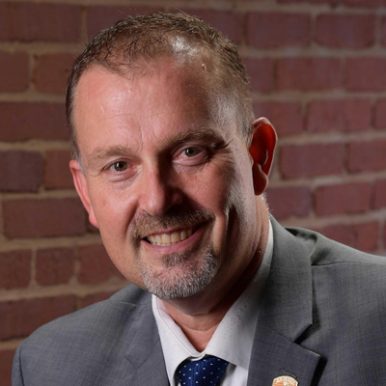
Keith Perrigan
Superintendent, Bristol Virginia Public Schools
Bristol
Bristol Virginia Public Schools Superintendent Keith Perrigan hasn’t taken his foot off the gas. On top of starting the Region VII Virtual Academy with 16 other school divisions, being on the state’s Commission on School Construction and Modernization and advocating as president of the Coalition of Small and Rural Schools of Virginia to the General Assembly for funding needed improvements to school facilities, Perrigan started the school system’s Bearcat Bridge program. The career and technical education initiative connects high school seniors to mentors and apprenticeships, and a group of business leaders speaks to students monthly. Some students receive donated cars (which auto mechanic students work on) as scholarships to ensure their transportation to work. Students receive a “Work Ready” diploma seal from the Bristol Chamber of Commerce.

Narketta Sparkman-Key
Academic affairs director for faculty diversity and retention, Old Dominion University
Norfolk
Some of us watched Netflix’s “Tiger King” during the start of the pandemic; Narketta Sparkman-Key learned how to design handbags and has launched a business — Belinda Bea, named for her aunt and grandmother — selling three styles of “boss bags.” Sparkman-Key is a boss herself, running ODU’s initiative to recruit and retain more faculty of color. Although ODU is not perfect, she says, “we’re in this place of change, requiring authenticity and transparency, not just lip service.” The Detroit native has been at ODU since 2012, where she’s spent a significant amount of energy promoting inclusion and diversity, including developing a website that spells out ODU’s values for prospective faculty members.


